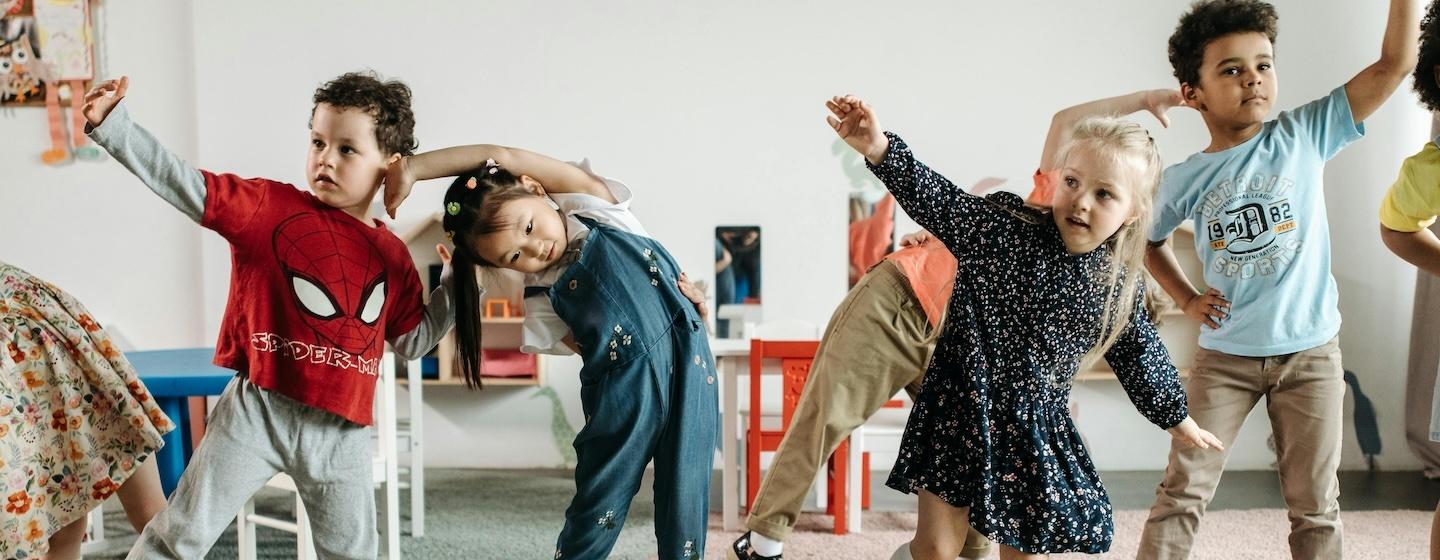Building Social and Emotional Support for Young Learners through PBS KIDS Resources


As parents and educators, we know that nurturing emotional and social skills in young learners is just as essential as academic learning. These foundational skills help children navigate their early years and set the stage for their future success. PBS KIDS, with its wealth of educational resources, offers engaging tools that educate and foster children's emotional intelligence and social competence.
Emotional intelligence encompasses the ability to recognize and manage one's own emotions, understand the emotions of others, and effectively interact with others in various social contexts. For young children, developing these skills lays a strong foundation for healthy relationships, effective communication, and overall well-being.
PBS KIDS has always been a pioneer in creating content that educates and supports children's emotional growth. Two standout series that exemplify this commitment are Daniel Tiger's Neighborhood and Arthur.
Based on the beloved characters from Mister Rogers' Neighborhood, Daniel Tiger's Neighborhood is a treasure trove of lessons in emotional intelligence for preschoolers. Through its interactive games and episodes, children learn about emotions like frustration, sadness, and joy and learn strategies to manage these feelings constructively.
For example, the "Guess the Feeling" game allows children to explore different emotions Daniel Tiger experiences and learn appropriate responses, such as taking deep breaths to calm down when feeling upset.
"Arthur's Collection" from PBS LearningMedia extends the social learning opportunities beyond emotions to encompass broader social skills. It features activities that promote teamwork, problem-solving, and understanding diverse perspectives—all essential aspects of social competence.
Through games like "Arthur Delivers!" where players collaborate to deliver groceries efficiently, learners explore the value of cooperation and effective communication in achieving shared goals.
Social and emotional learning (SEL) is increasingly recognized as vital in early childhood education because it directly impacts a child's ability to succeed academically and socially. Research indicates that children who develop strong emotional and social skills early on are better equipped to manage stress, build positive relationships, and exhibit greater academic achievement (Graziano et al., 2007; Harrington et al., 2020; Hoffman et al., 2020).
By integrating SEL into educational content like PBS KIDS games and resources, young learners learn academic concepts and gain the tools necessary to navigate challenges and thrive in various social settings. These skills are invaluable as they progress through school and eventually enter adulthood.
In addition to providing engaging content for children, PBS KIDS resources offer valuable support for parents and educators. Parenting tips, discussion guides, and printable activities related to social and emotional development are readily accessible on PBS LearningMedia. These resources empower adults to reinforce the lessons children learn through PBS KIDS programming and games, creating a cohesive learning environment that extends beyond the screen.
Social and emotional support for young learners equips them with the emotional intelligence and social skills they need to navigate the world's complexities. PBS KIDS excels in this regard by offering interactive games and educational resources that foster empathy, resilience, and effective communication from an early age. By integrating these resources into children's daily routines, whether at home or in the classroom, we can ensure that they grow into confident, compassionate individuals who bring a brighter, more empathetic future for tomorrow's leaders.
References
Graziano, P. A., Reavis, R. D., Keane, S. P., & Calkins, S. D. (2007). The Role of Emotion Regulation and Children's Early Academic Success. Journal of school psychology, 45(1), 3–19. https://doi.org/10.1016/j.jsp.2006.09.002
Dr. Kristi Maida is the Director of Education Services at PBS North Carolina and brings over 20 years of experience to the field of education. Kristi's passion for serving underrepresented and underserved communities has driven her work as a teacher, researcher, and leader in education. As a member of the PBS NC Education and Innovation team, her service stems from a collaborative mission of increasing equity, inclusion, and access to education to all learners. Kristi holds a PhD from the University of Colorado, Colorado Springs in Educational Leadership, Research, and Policy, but feels that her greatest title is "Mom" to her adolescent twin boys.

PBS North Carolina Education
Find info about PBS KIDS resources you can use at home to watch, play and learn with your child. Connect on Instagram, subscribe to our Rootle eNewsletter and find more information about in-person family events.